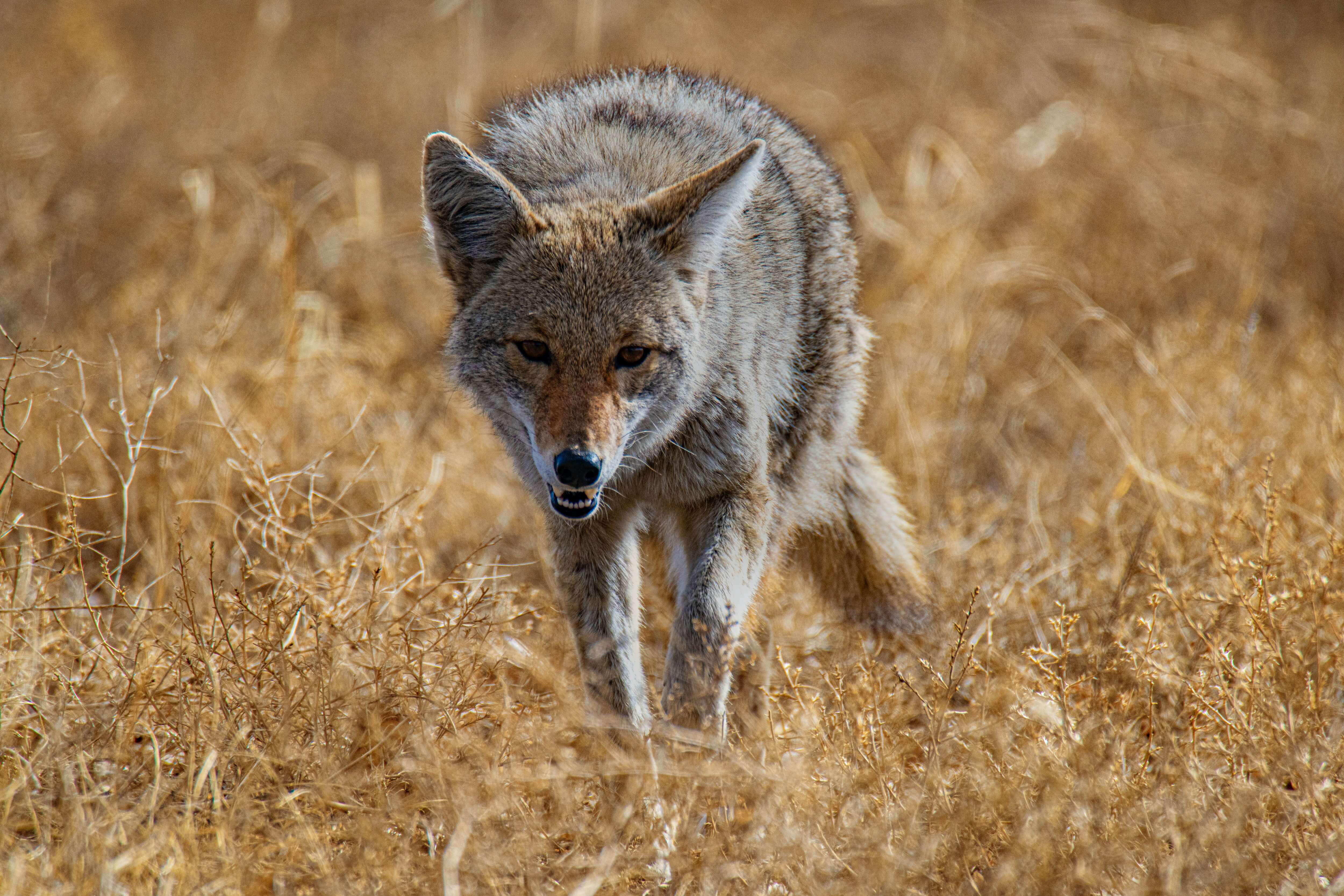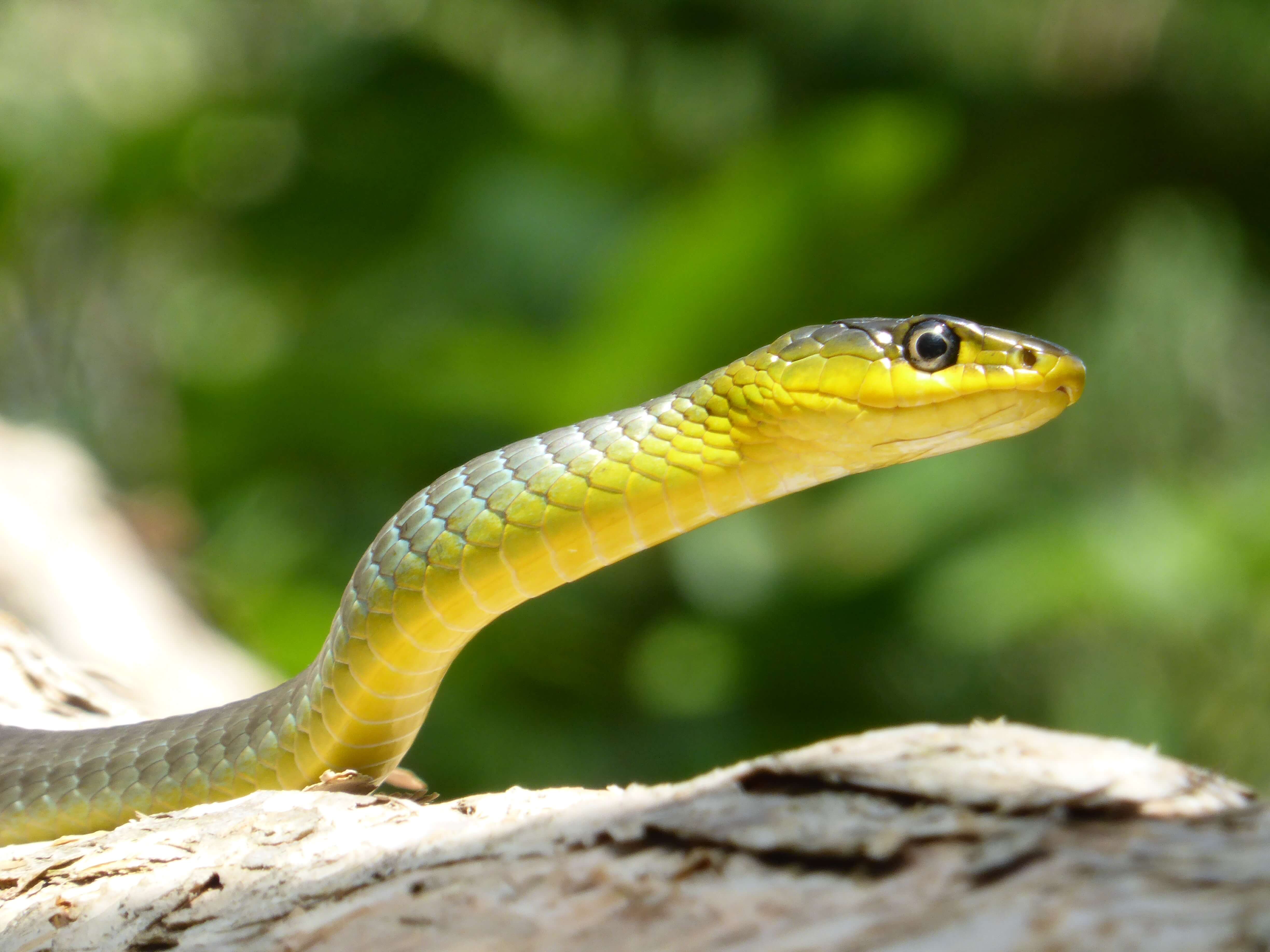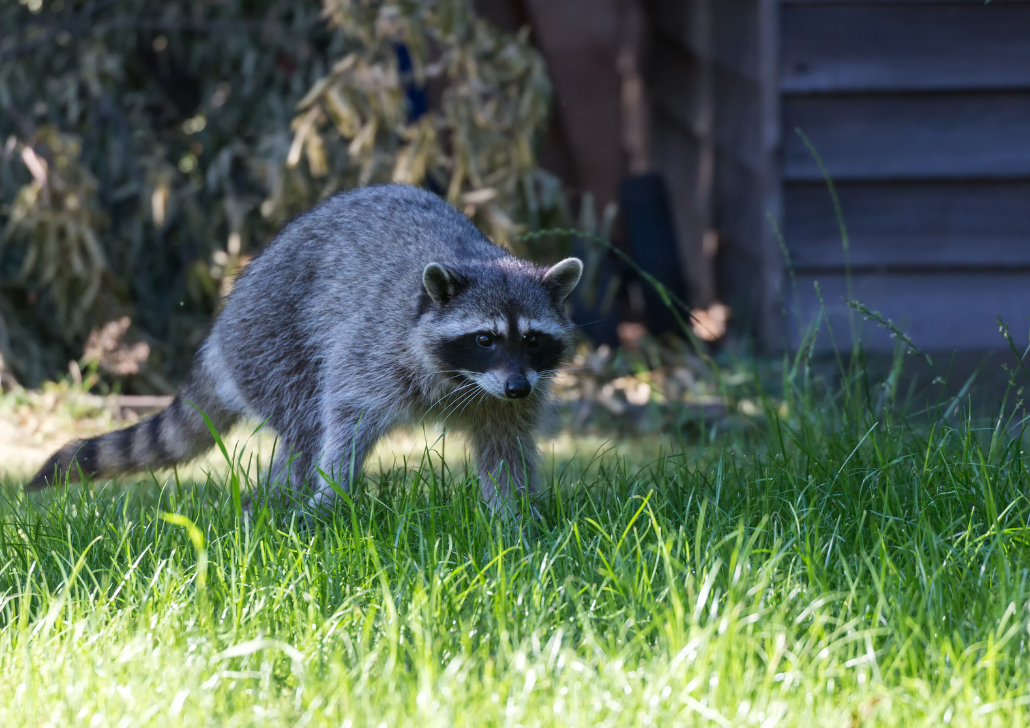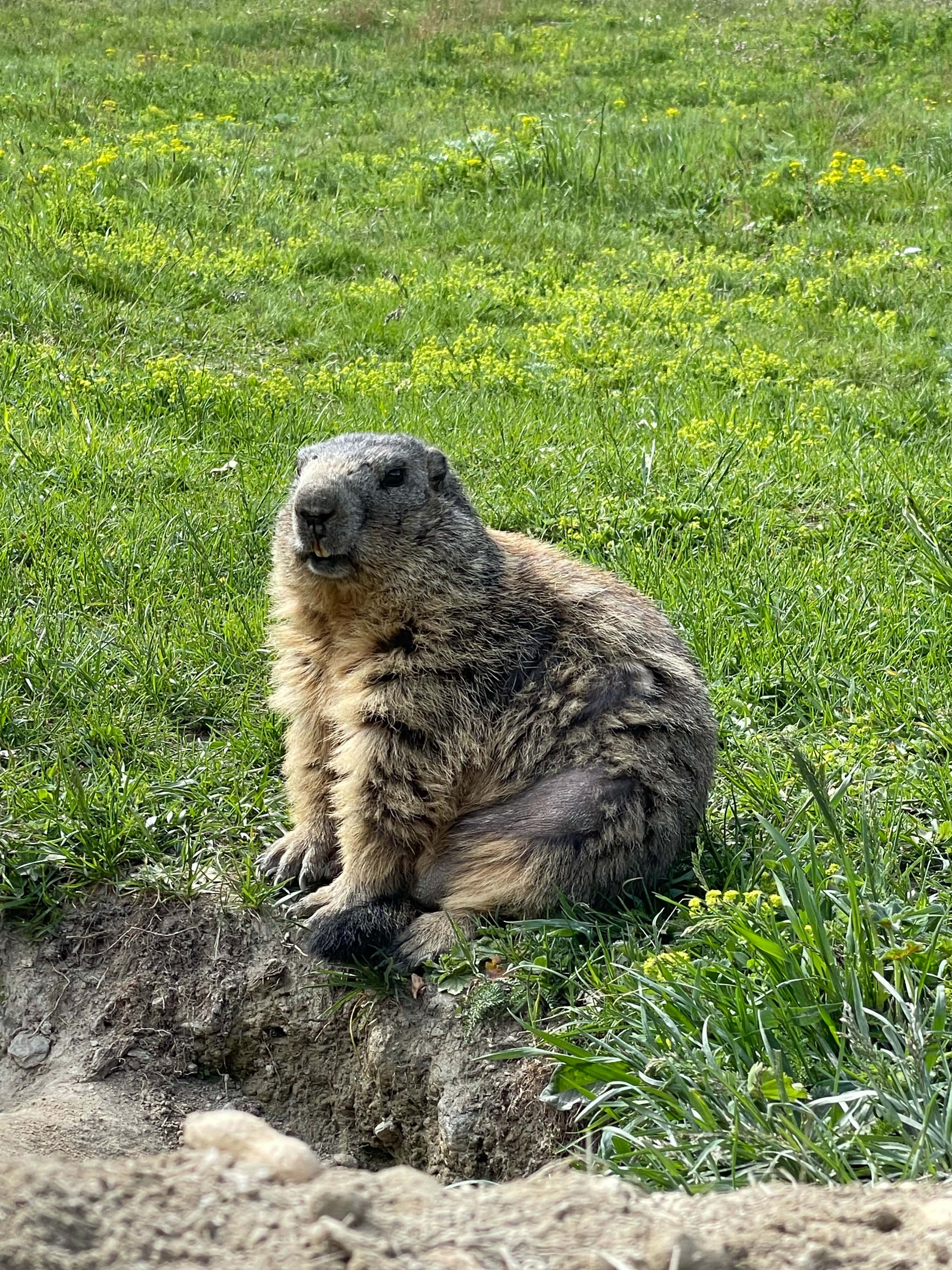Are Coyotes Dangerous?

Learn more about the potential danger coyotes pose to humans, pets, and livestock and how to protect yourself from these wild canines. Find out what you need to know about coyote behavior, safety tips, and more.
Understanding Coyotes
Coyotes (Canis latrans) are wild canine family members, but unlike other canines, they are highly adaptable and thrive in rural and urban environments. They have even been known to live in big cities and suburbs, where their presence is often concerning for people and their pets. It is important to understand coyotes and their behavior to know how to interact safely with them.
Coyotes Behavior and Territories
Coyotes are intelligent and resourceful animals that form small family groups consisting of an alpha pair and their pups. They have territories ranging from 5 to 30 square miles, which they mark with urine, feces, or howling. Coyotes are mainly nocturnal but may be seen during the day as well.
They are omnivores and will hunt small mammals like rabbits and rodents, but they also consume plants, carrion, insects, fruit, and other scavenged food sources.
Coyotes Habituation
Since coyotes are naturally timid and fearful of people, they will flee an area when approached. However, if humans have regularly fed them or otherwise provided a food source, the coyotes may become habituated to people's presence. In this situation, the animals can lose their natural fear and become bolder in human interactions. This can lead to aggressive behavior and an increased risk of attacks.
What Attracts Coyote to Your Property
Coyotes are attracted to areas where food, water, and shelter are available. Compost piles and pet food dishes left outdoors can be incredibly enticing. They may also target small animals like outdoor cats and chickens, so proper fencing is key in keeping them away from your property.
Here are three common reasons why you may be attracting coyotes to your yard:
1. Free Food Source: Coyotes are attracted to any food sources on your property, such as pet food dishes, compost piles, and even small animals like chickens, rabbits, and cats.
2. Water Sources: Coyotes are drawn to areas where water sources are readily available, so it's important to ensure your property has no standing water.
3. Shelter: Coyotes are looking for secure places to take shelter and hide, so it's important to keep your yard clean and free of brush and overgrown vegetation that can provide them with a hiding place.
Factors that can influence attack
Coyote attacks on people are still very rare. In fact, according to records, there have only been 350 attacks on people, and kids are even more rarely affected due to their size.
It is important to recognize the factors that can increase the chance of an attack occurring.
These include:
1. Habituation: As mentioned before, if coyotes become used to humans and lose their natural fear, they may become more aggressive and attack people if provoked or startled.
2. Hunger: Coyotes that are too hungry may become more aggressive and target humans as a food source.
3. Pups in the den: A female coyote with pups in her den is particularly protective and may attack if she feels her young are threatened.
What to do when you see a coyote
If you encounter a coyote, remaining calm and moving away slowly is important. Do not attempt to feed the animal or make any sudden movements that startle them. Also, if you see a coyote in your yard, do not try to chase it away, as this can worsen the situation. Instead, it is best to make loud noises, such as clapping, shouting, or banging pots and pans, to scare them away.
It is important to keep your pets safe by always keeping them on a leash when out in public areas or near wildlife. If you see a coyote in your yard, secure any food sources and bring your pet indoors if possible.
Lastly, if you suspect a coyote may be living on your property or roaming nearby, contact local wildlife management personnel for assistance in safely removing the animal.
What to do if you're attacked
If a coyote attacks you, it is important to remain calm and fight back using whatever means available (such as sticks or rocks). It is also important to remember that running away may provoke an attack, so stand your ground and make loud noises to scare the animal off. If the attack continues, seek medical attention immediately.
How To Keep Coyotes Away From Your Property
The best way to keep coyotes away from your property is to make it unappealing and unattractive by removing any potential food sources, restricting access to water, and keeping the yard tidy and free of brush or tall grass.
It would help if you also considered installing a fence around your property (at least 6 feet high) extending at least 6 inches below the ground to prevent coyotes from digging underneath it. Ensuring that gates are securely closed and regularly checked for gaps or damage is also important.
You can also consider using solar-led deterrent lights and installing sound deterrents such as PestAway Ultrasonic Animal Repeller, which will help to keep coyotes away from your property. They effectively and safely repel coyotes with a motion-activated blast of ultrasonic sound and strobe lights.
Finally, it is important to remember that coyotes are wild animals and should be respected and respected from a distance. These tips will help ensure that your property remains safe and untouched by these amazing creatures.
Frequently Asked Questions:
Will coyotes attack you if they see you?
Coyotes are generally shy and wary of humans and usually avoid people. However, if a coyote feels threatened or cornered, it may become aggressive and attack. That is why it is important to remain calm and move away slowly if you encounter one.
Will a coyote attack a human at night?
Coyotes are generally more active at night, so there is a higher chance of encountering one in the dark. However, it is unlikely that a coyote will attack a human unless startled or provoked. In most cases, the animal will flee if it senses danger.
Should I be worried about a coyote in my yard?
It is normal to be concerned about a coyote in your yard. However, it is important to remember that these animals usually flee if they sense danger or are scared off by loud noises. If you have a persistent coyote on your property, you may install fences or use deterrents or repellers that are safe for animals and humans.
What should you do if you encounter a coyote at night?
If you see a coyote at night, remain calm and slowly move away from the animal. Avoid making any sudden movements or loud noises that could startle the animal and make it aggressive.




